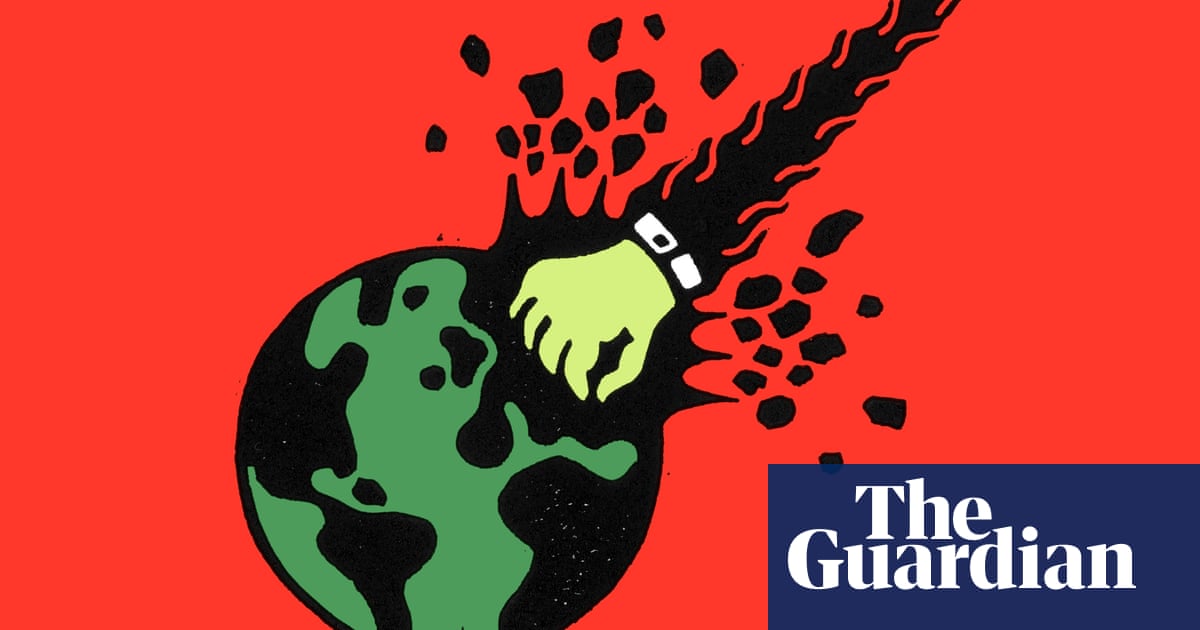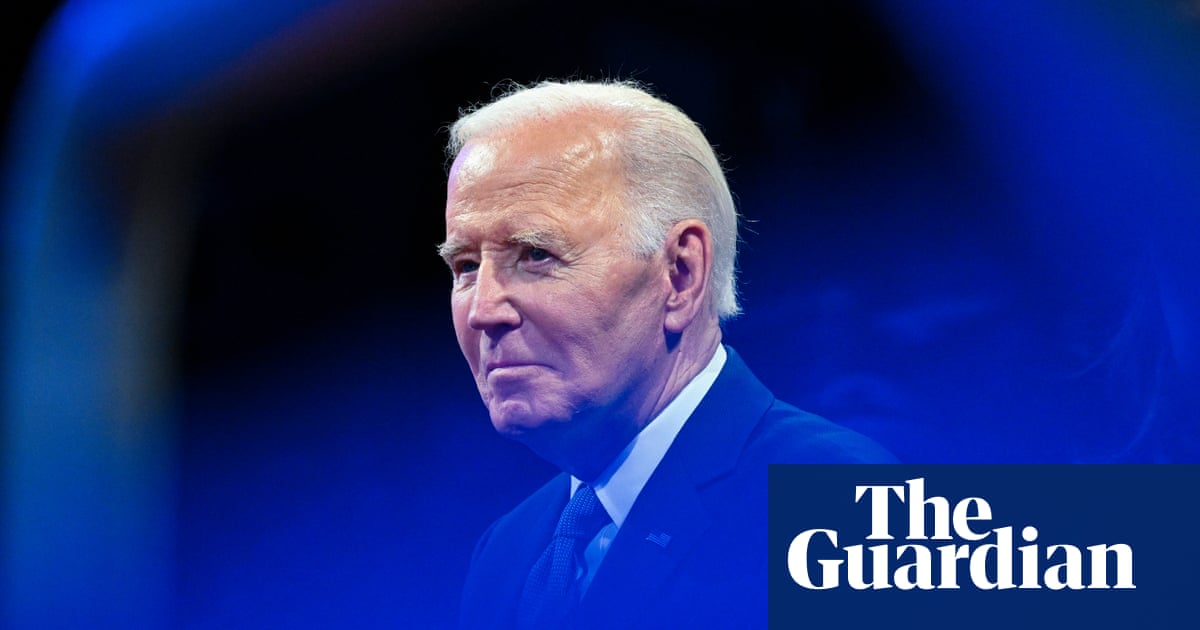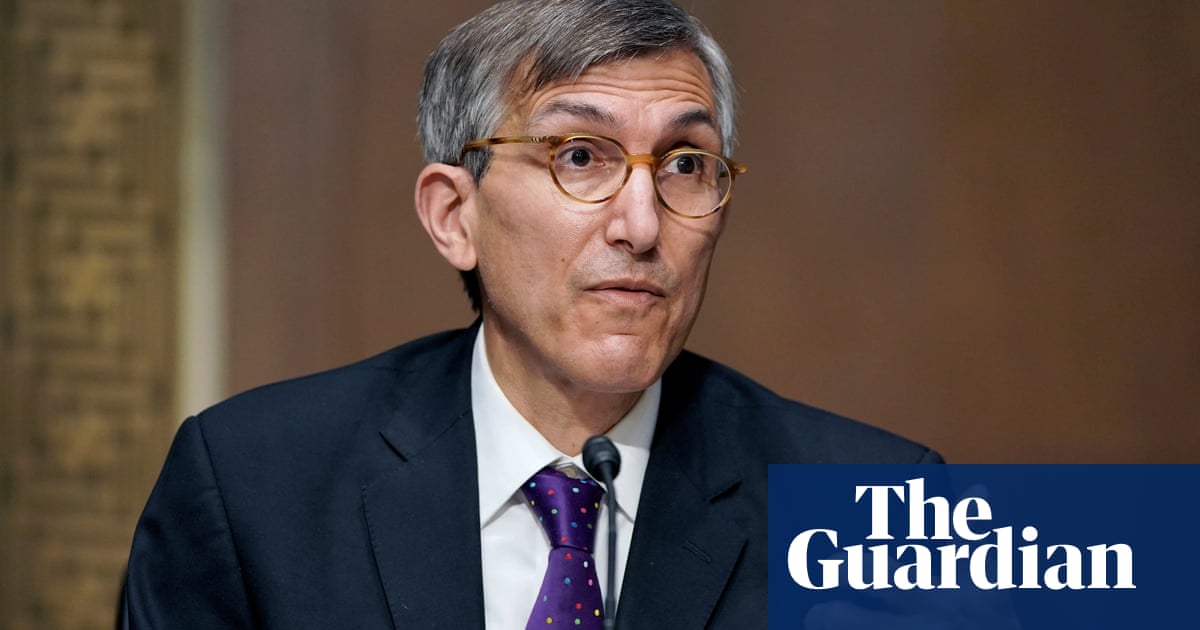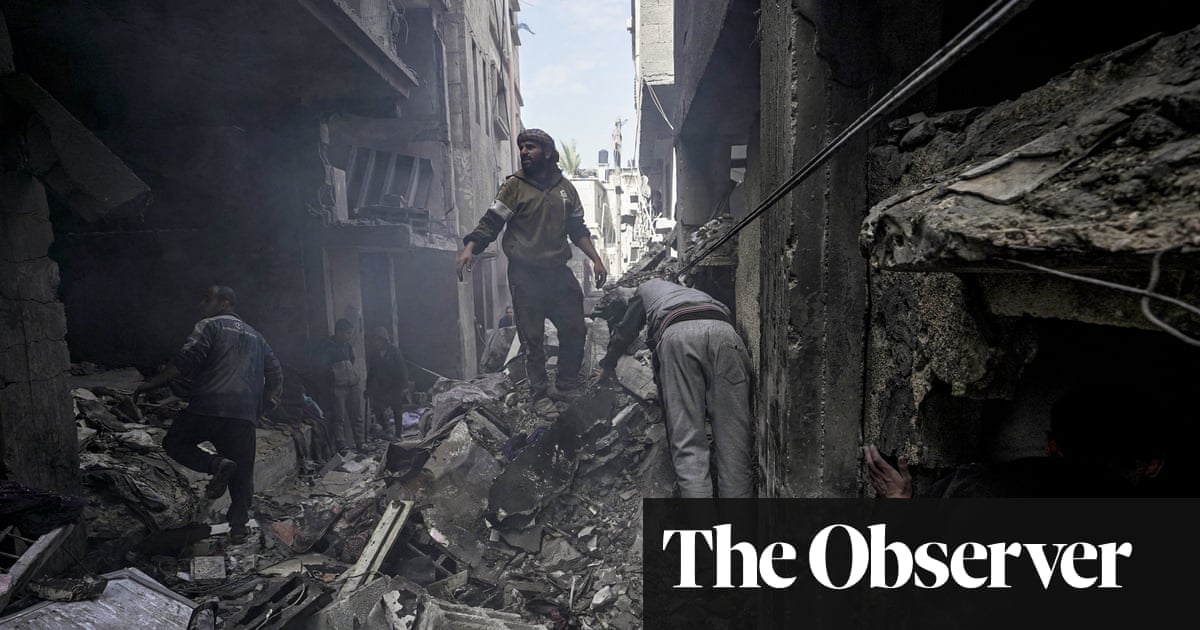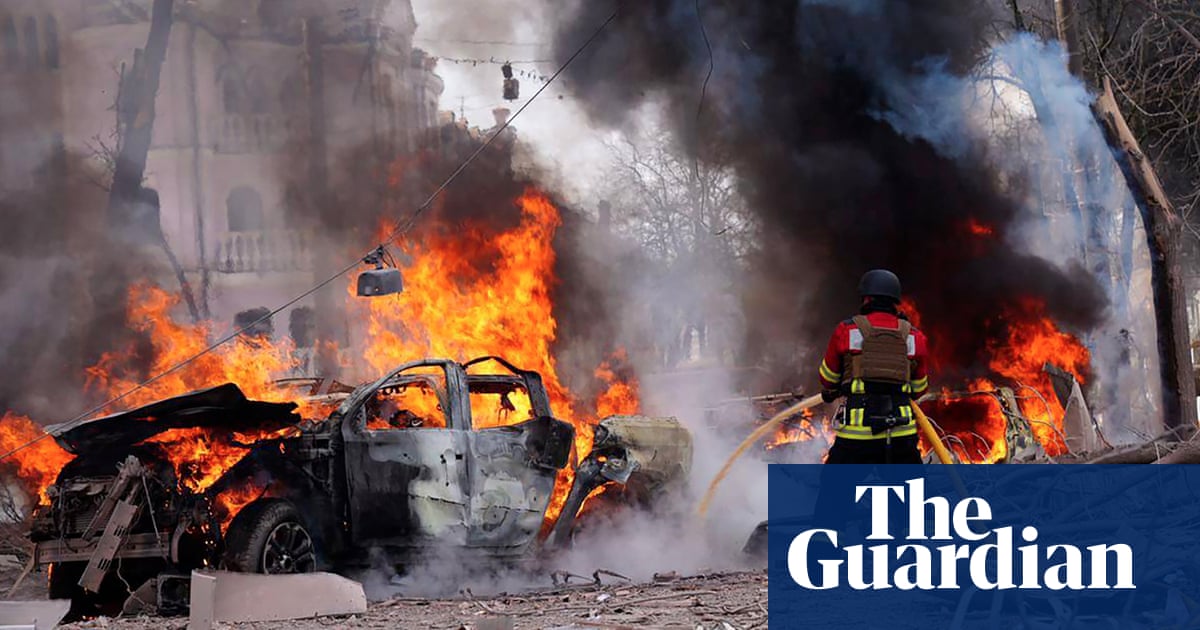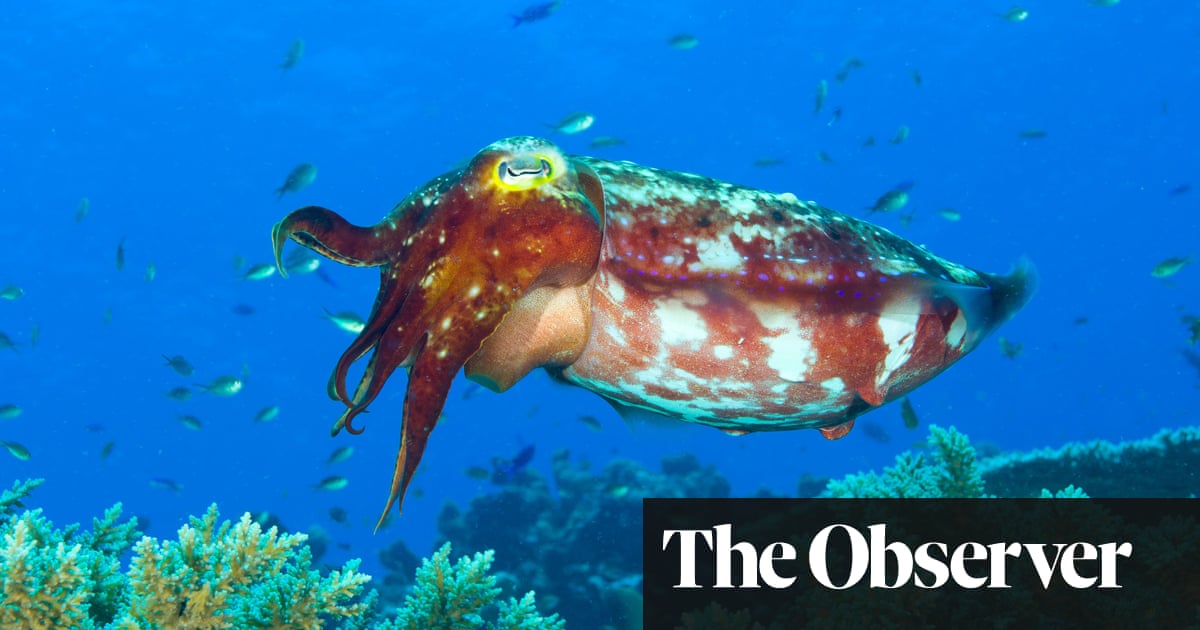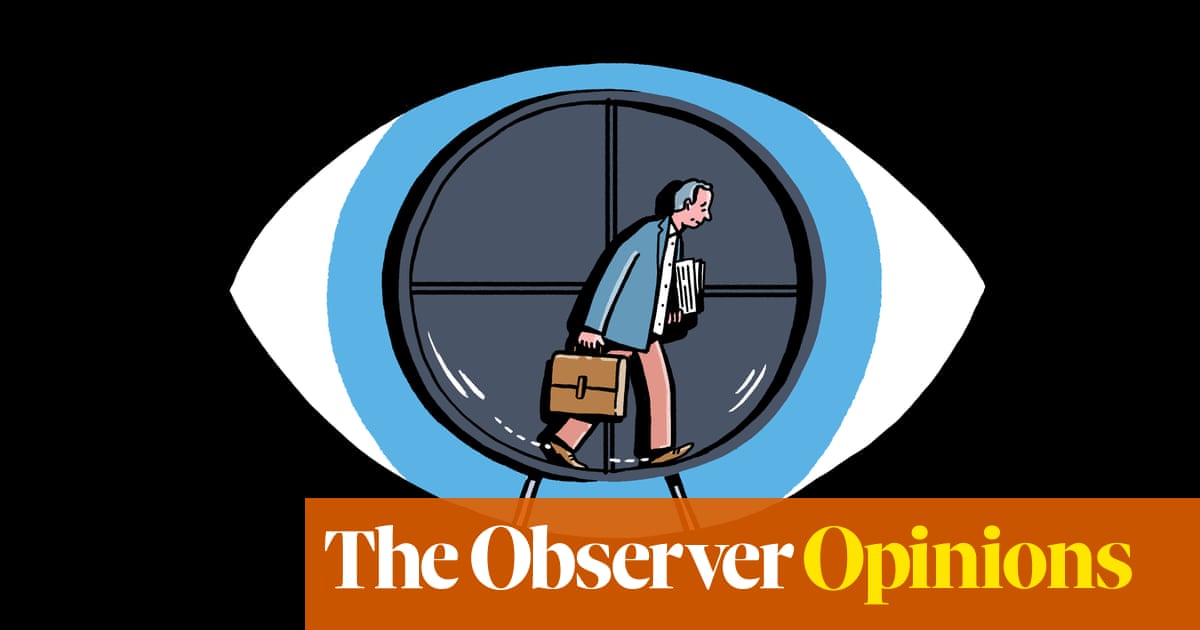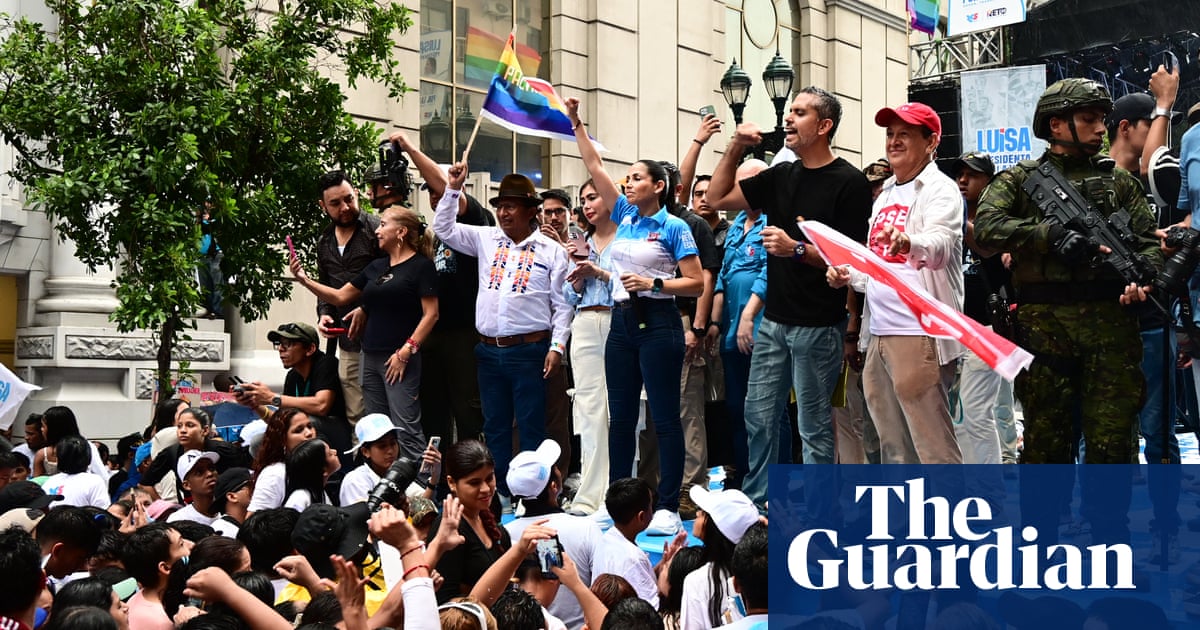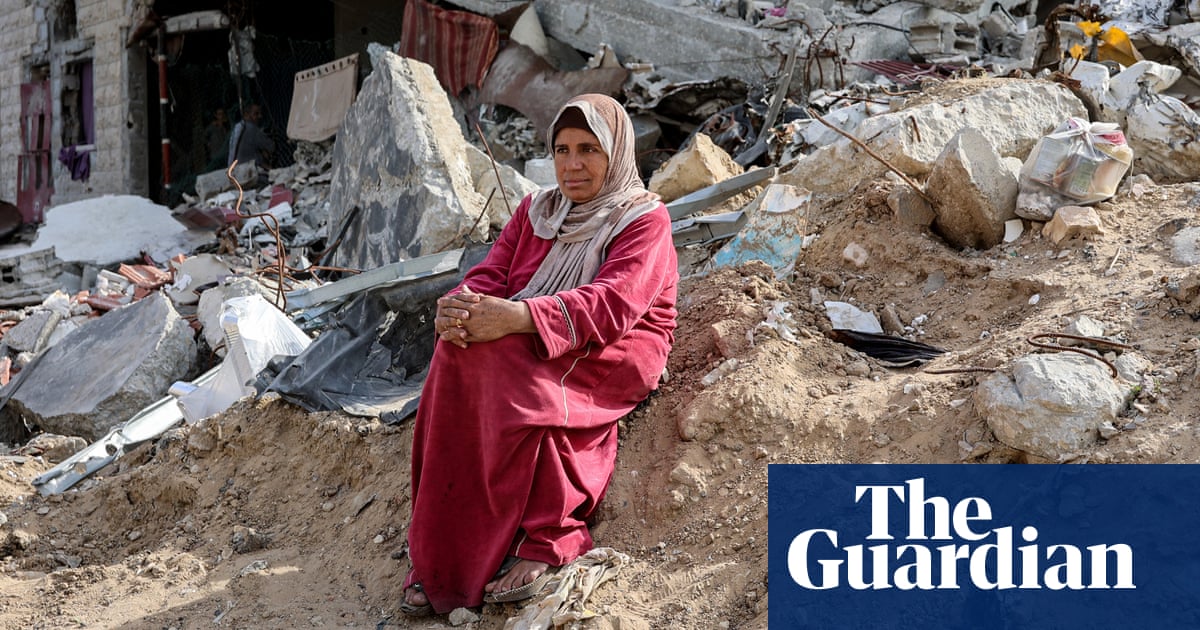Kaliane Bradley, 36, lives in east London and works as an editor at Penguin Classics. Her debut novel, The Ministry of Time (Sceptre), was published last year to critical acclaim and a place in the bestseller charts and is out in paperback now. It’s a vivid time travel tale following Lieutenant Graham Gore, a crew member of Franklin’s lost 1845 Arctic expedition, who is brought back to life in the 21st century as part of a government experiment. He develops an unlikely relationship with his “bridge”, a contemporary character helping him assimilate to the modern world. It was longlisted for the 2025 women’s prize for fiction and the BBC has commissioned a TV adaptation.
What has the past year been like for you?
Lovely and discombobulating. I veer wildly between immense gratitude and intense impostor syndrome. But I’m still working 4.5 days a week, so I’m grounded by my job.
How did The Ministry of Time come about?
In 2021 I started watching a TV series called The Terror. I didn’t know anything about polar exploration but – because this was during lockdown, and I was just roving around the house – I started thinking a lot about the Franklin expedition. I looked up one of the characters, Graham Gore. Then I came across a very sweet community of people online, some of whom were fans of the show and others who were more generally interested in polar exploration. They shared a lot of their research with me. I started writing what would become The Ministry of Time as a kind of gift for them.
What drew you to Graham Gore?
I do think the photo of him that’s published in the book is great. He’s dashing, frankly. Many people disagree – I simply cannot say why the Americans took the photo out of the book. But also, when I read about him, it suggested he was a very competent, kind, calm man. And I’m not a calm person at all. That really appealed to me.
What modern invention was most fun to describe to someone from a different time?
Spotify. It’s mad that for most of human history, music was something you had to make together. And now you can just play music endlessly by yourself. And you don’t even have to treat it as something to respect. You can play some of the greatest symphonies in history while you’re doing the washing up. That’s just stupid.
The book’s narrator, “the bridge”, is British-Cambodian, and you use time travel as a metaphor for the immigrant experience. How did that come to you?
It wasn’t with me immediately. The story started off very playful: what would happen if we introduced this man to a washing machine? But a satisfying book is one where you take a silly conceit seriously, where you prove the emotional possibilities of it. The more I tried to imagine what it would be like for a person torn from history to experience London in the 21st century, the more it became obvious to me that what I was looking at was the refugee experience. It was probably at the forefront of my mind because the book I was trying to write before this was a “serious” novel about Cambodia, the Khmer Rouge, my family and the diaspora.
What is your relationship to your Cambodian ethnicity?
It’s a family relationship – a relationship with my mother and my mother’s family. And I feel like there are multiple versions of Cambodia that I have relationships to. One of them is a past Cambodia that no longer exists; that’s the Cambodia of my mother’s stories. But the internalised sense of my ethnicity changes on a daily, hourly basis. Though I feel very strongly that I am a British-Cambodian writer at this time in my life. It’s had a significant impact on the way I write.
How?
I was brought up Buddhist. There are frameworks that I continually refer to in my writing that come from Buddhism, such as the idea of attachment. We become attached to things that are impermanent. But they have to leave us, so we will always mourn their loss, and the only way to free ourselves from this pain and yearning is to accept the transience of life, even the transience of self. But I worry about how you apply that to human solidarity. That comes up in Ministry: the bridge is someone who continually fails to show solidarity, and moves towards complicity.
You first sent out your novel to agents under a pseudonym. Why?
I masochistically wanted to check that the work was good enough that it could pass without me leveraging my contacts. And there was the absolute dread that it would go to people I know and respect and they’d talk to one another and say: “God, did you get that book? It’s shit, isn’t it? What do we tell her? Should she just leave the industry?” The idea of that was mortifying.
Which book made you want to work with books?
Terry Pratchett’s Discworld series. The first one I ever picked up was Interesting Times, which is actually not one I recommend. But reading Pratchett when I was very young – I mean, I was still losing milk teeth – made me excited about the possibilities of literature, books, series, authors. He has influenced my writing more than anyone else.
Is there a book you return to often?
I read King Lear every five years or so. I think it’s the greatest play ever written. And I always come back to Le Grand Meaulnes by Alain-Fournier. I’m drawn to that idea of yearning and loss.
Which new book are you most excited about?
Moderation by Elaine Castillo, which is coming out in July. It’s about moderating comments on a social media platform. I think it’s going to really startle people.
What can you tell us about your second novel?
It’s about a lighthouse that occupies a border between the land of the living and the land of the dead. The person who runs the lighthouse takes on an apprentice every winter to look after the crossings, and she starts to experience very weird phenomena. There is something wrong with the border, so she has to investigate.

 19 hours ago
5
19 hours ago
5

